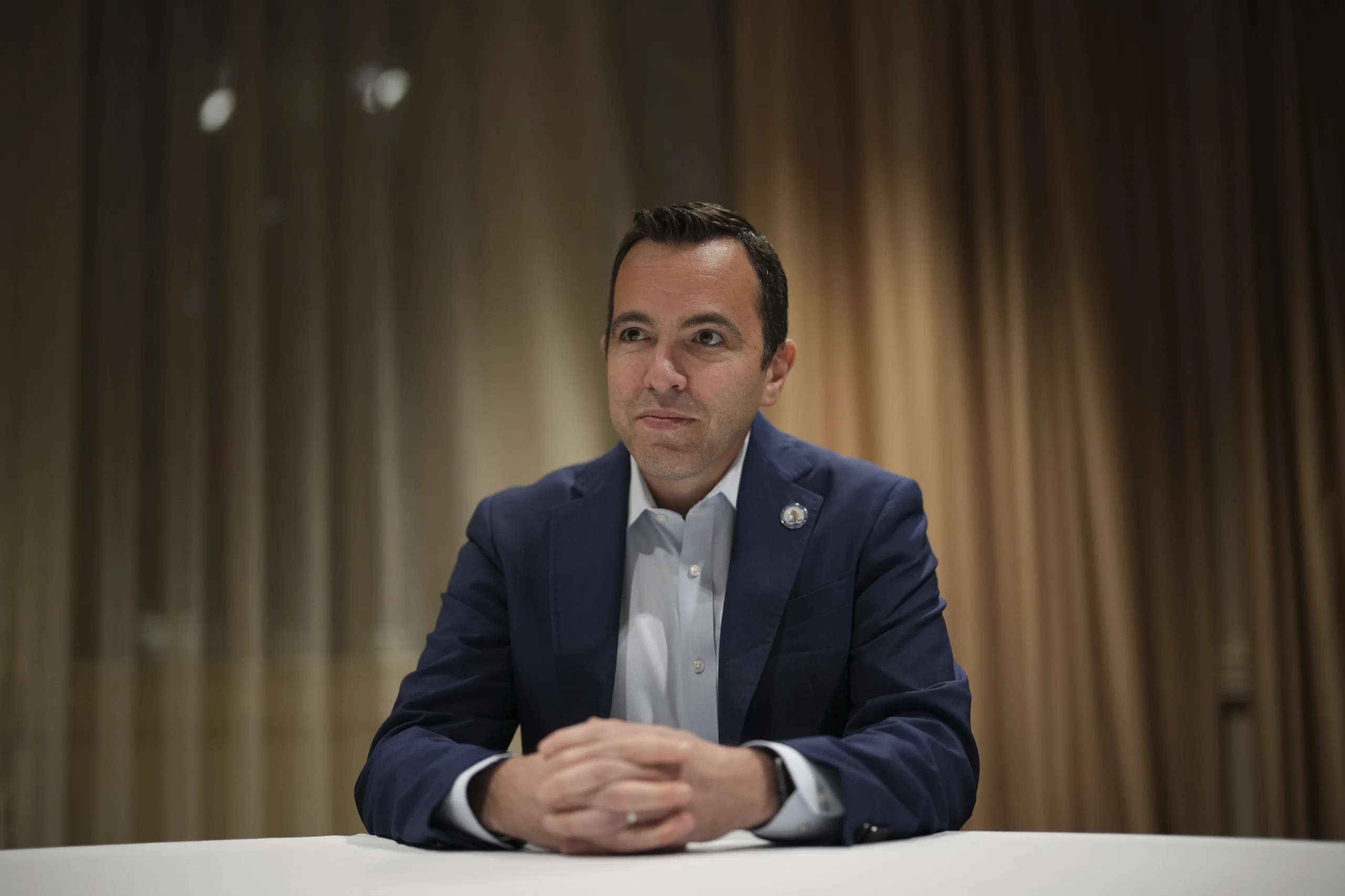Authors
Share
Authority of State Attorneys General
As chief legal officers of their state, attorneys general enforce civil rights statutes in the public interest against people and organizations who engage in unlawful, discriminatory behavior. State attorneys general also advise and provide guidance, proposals, and formal opinions to state and federal government branches, legislatures, and agencies on civil rights issues.
Civil Rights Divisions are Dedicated to Addressing Civil Rights Violations Through Enforcement Actions and Public Awareness
Many state attorneys general protect the rights of their constituents and vigorously enforce federal and state civil rights laws. Within an attorney general’s office, the civil rights division, section, or bureau (“Division”) addresses a broad array of civil rights issues by conducting investigations and bringing enforcement actions and cases to prevent further civil rights violations, and by providing resources to the public.
Enforcement Actions and Cases
Each Division works to uphold civil and constitutional rights of all persons within the state, particularly addressing concerns that affect communities of color and the most vulnerable members of society. For example, the Division combats discrimination based on protected traits including race, color, national origin, sex, gender identity and orientation, religion, age, military status, or disability. Additionally, the Division defends the exercise of important rights including
free speech and voting rights, and works to fight hate crimes.
The Division often represents the state in civil rights lawsuits and amicus briefs. In this capacity, the Division can bring cases on behalf of the public where individuals have been harmed, and can obtain restitution for victims in the process.
Public Awareness
The Division educates the public about their rights and remedies under civil rights law. The Division also engages in outreach to civil rights advocates and the public to help the Division identify appropriate subjects for investigation and litigation.
Review of Selected State Attorneys General’s Civil Rights Divisions
Below are highlights of actions taken by dedicated civil rights divisions in selected state attorneys general offices to remedy civil rights violations.
Delaware
Combating Hate and Ignorance
In February 2022, Attorney General Kathy Jennings’ Division of Civil Rights & Public Trust (DCRPT) secured a landmark guilty verdict in a felony hate crimes case. A New Castle County jury convicted a defendant of hate crimes, harassment, and terroristic threatening, for repeatedly verbally attacking a member of Governor John Carney’s staff, an African American woman, with racist and sexist slurs.
Upholding Fair Housing for Residents
DCRPT also reached two fair housing settlements. In the first case, DCRPT secured a $30,000 settlement in December 2022 against an apartment company in Wilmington for failing to reasonably accommodate a tenant with a physical disability. In the second case, DCRPT reached an agreement with an apartment complex in the Newark area for an instance of unlawful discriminatory housing practice that left a woman and three children homeless.
Illinois
Investigating Systematic Police Misconduct
In September 2021, Attorney General Kwame Raoul’s Civil Rights Bureau (Bureau) opened a civil investigation into the Joliet Police Department (JPD). The civil investigation followed requests made by the Joliet mayor and members of the Joliet City Council to assess whether JPD engaged in a pattern or practice of unconstitutional or unlawful policing.
Ensuring Access to Public Places for Residents with Disabilities
In June 2023, the Bureau, on behalf of Attorney General Raoul, filed an amicus brief with the Illinois Supreme Court in the case of M.U. v. Team Illinois Hockey Club et al., calling for an expanded interpretation of the Illinois Human Rights Act’s ban on discrimination in places of public accommodation. The Bureau filed the brief in support of a teen hockey player who was banned from team workouts, practices, and games at a public ice arena after she disclosed her
disability to her coach.
Massachusetts
Fighting Age and Disability Discrimination in Housing
In March 2023, Attorney General Andrea Campbell’s Civil Rights Division (Division) secured a $115,000 settlement with an apartment building for women in Boston’s Fenway neighborhood, resolving allegations of age discrimination against elders and long-term tenants.
In October 2023, the Division sued a landlord and property management company in Dorchester for allegedly violating fair housing and consumer protection laws by discriminating against tenants on the basis of disability.
Protecting Residents and Visitors from Unlawful, Bias-Motivated Behavior
In December 2023, the Division filed a civil suit against the Nationalist Social Club, a self-described neo-Nazi organization commonly known as NSC-131, for engaging in a series of violent, threatening and intimidating conduct against the LGBTQ+ community and immigrants in violation of the Commonwealth’s Civil Rights Act and Public Accommodations Law. Specifically, NSC-131 repeatedly targeted children-oriented events hosted by LGBTQ+ community groups by attempting to physically disrupt and shut down such events, and preventing hotels from providing emergency shelter to recently arrived immigrants through the Emergency Assistance program.
New Mexico
Fighting Discriminatory School Discipline Policies that Harm Native American Children
In September 2023, Attorney General Raúl Torrez’s Civil Affairs Office opened an investigation into Gallup McKinley County Schools for disproportionately imposing harsh punishment on Native American children. Specifically, the investigation aimed to investigate agencies and school districts suspected of violating New Mexicans’ civil rights. The investigation is ongoing.
New York
Protecting the Right to Protest
In September 2023, Attorney General Letitia James’ Civil Rights Bureau, along with the Legal Aid Society and the New York Civil Liberties Union, secured an agreement with the New York City Police Department (NYPD) that significantly reforms NYPD’s policing of protests to protect the public and members from excessive use of force, and allow residents to exercise their First Amendment rights.
Combating Racial Disparities in Homeownership and Unfair Financing Fees
In March 2023, Attorney General Letitia James secured a settlement with Coldwell Banker, a real estate banker, for allegedly discriminating against Black, Hispanic, and other homebuyers of color. Specifically, the Civil Rights Bureau opened an investigation and found that Coldwell Banker agents engaged in discriminatory behavior by subjecting prospective homebuyers of color to different requirements than white homebuyers, and directing homebuyers of color to homes in neighborhoods where residents predominantly belonged to communities of color.
Pennsylvania
Preventing Retaliatory Housing Fees
In July 2023, Attorney General Michelle Henry, through the work of her Civil Rights Enforcement Section (Section), filed a lawsuit against a Philadelphia area property management company for multiple violations, including retaliating against tenants by imposing unfair fees on tenants who filed complaints with the Section.
Holding Landlords Accountable for Race Discrimination
In August 2023, the Section secured a $90,000 settlement with a real estate company for allegedly discriminating against an African American family by attempting to block their move-in and harassing them at the property. In addition, the Section required the company to receive fair housing training provided by the Pennsylvania Human Relations Commission and abide by new fair housing policies.
Washington State
Protecting Female Workers from Discrimination and Retaliation
In May 2022, Attorney General Bob Ferguson’s Wing Luke Civil Rights Division (Division) secured a $3.4 million settlement with a mushroom farm in Sunnyside for discriminating against female workers by intentionally replacing them with male workers.
In August 2023, the Division filed a lawsuit against O’Reilly Auto Parts for engaging in systemic discrimination and retaliation against pregnant workers. Specifically the company rejected pregnant workers’ reasonable accommodations requests, including requests to limit how much they lift or handle hazardous materials, flexibility for restroom breaks, and time to pump breastmilk for their newborn babies.


